THE LEGAL FRAMEWORK AND LEGAL CULTURE WITH REGARD TO BUSINESS & COMMERCE
Kenya is based on a 2-tier system of government comprising a national government and semi-autonomous county units. Kenya’s business friendly policies are supported by dispute resolution mechanisms ranging from the formal courts to arbitration, mediation and court supervised mediations / negotiations, all which are recognized, enforced and have the power of being followed as precedent. Foreign judgments and arbitral awards are enforced in Kenya, when these orders have been filed in the court system of Kenya and the same are adopted.
HOW DOES THE COURT SYSTEM OPERATE WITH REGARD TO LARGE COMMERCIAL DISPUTES
The recent 2020 amendments to the business laws and the Companies Act have further pushed the country to align with international business standards. The last decade has seen a push towards developing a system of data protection, information and financial security that further helps business’s structure themselves in step with their counterparts abroad. Even the recent changes to the insolvency laws keep the ease of doing business requirements at the forefront.
With regard to usual commercial disputes, all disputes whose value exceeds USD 150,000 are heard and determined by the Commercial and Admiralty Division of the High Court- a specialized Division of the High Court created In the Nairobi and Mombasa, or in the High Courts in all other stations where the High Court sits. All filed cases undergo a mandatory check for a mediation or (arbitral clause in the contracts) and if it qualifies the case is referred to mediation. This mediation has to be concluded within 60 days, failing which the dispute is proceeded with under the normal litigation process.
The Constitution of Kenya provides under Article 159 that alternative dispute resolution should guide the courts as a dispute resolution method and thus Nairobi is an established regional and international center for dispute resolution. Arbitration is also viewed as a way to unclog the congested court system which lacks the capacity to efficiently and quickly adjudicate on commercial disputes. The Kenyan Civil Procedure Rules as used within the court legal system have further specifically provided for arbitration as an alternative dispute resolution process and the court in Kenya may either suo moto or on an application by any of the disputants before it refer a matter to arbitration.
HOW EASY IS IT TO HAVE A FOREIGN JUDGEMENT AND FOREIGN ARBITRAL AWARDS RECOGNIZED AND ENFORCED IN KENYA
Foreign Judgments and Foreign Awards are recognized and enforced in Kenya under the Foreign Judgments (Reciprocal Enforcement) Act (CAP 43 LAWS OF KENYA). The definition of ‘Designated Court’ under the act is what limits the enforceability of a foreign judgment in Kenya. A ‘designated court’ is defined as a superior court of a reciprocating country that is a commonwealth country, a superior court of any other reciprocating country that is specified in an order made under section 13 of the Act, as designated by the minister from time to time to time, a subordinate court of a reciprocating country that is specified in an order made under section 13 of the Act. The process requires the registration of the judgment from the foreign court in the high court of Kenya within 6 months of the date of judgment. Only valid judgments in the issuing countries are actionable in Kenya. The local (Kenyan) process of recognizing an award through the local courts must be complied with before the adopted court judgment can be sought to be recognized in Kenya.

